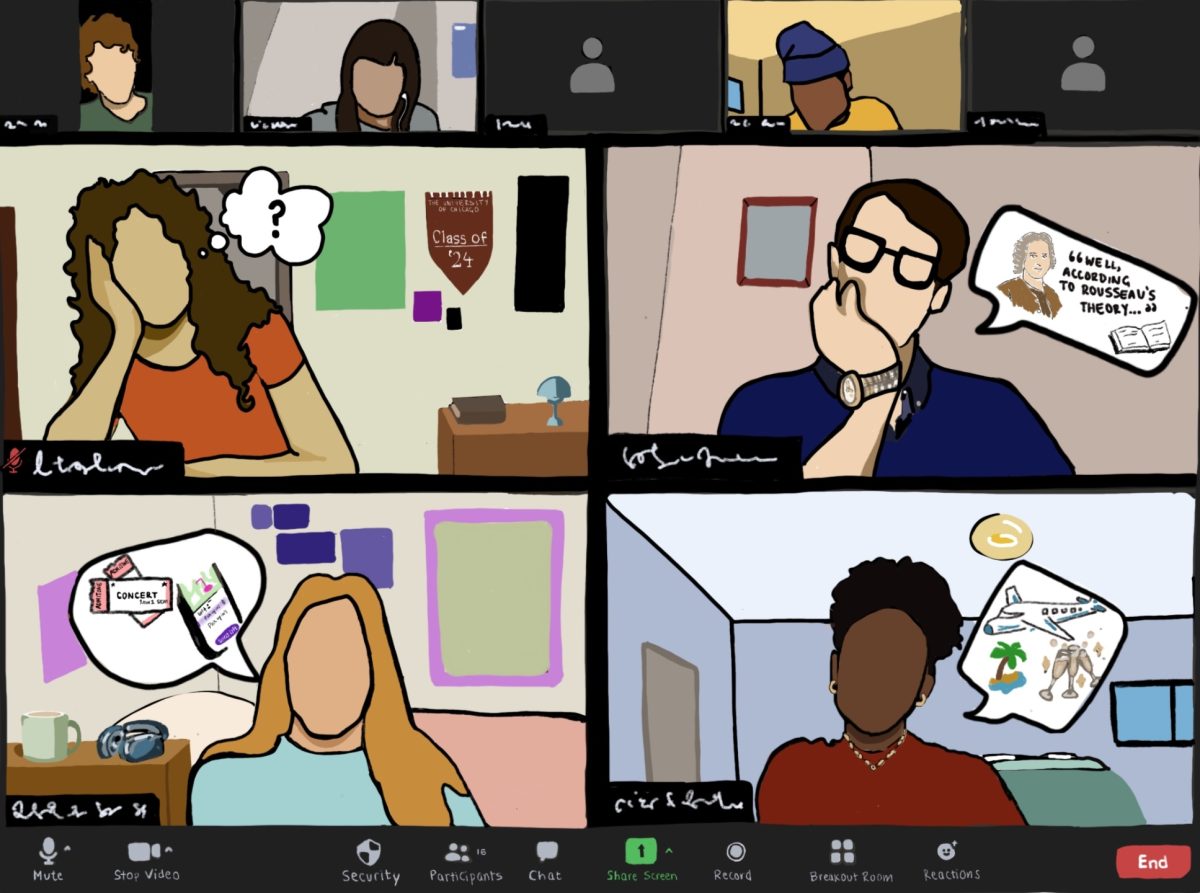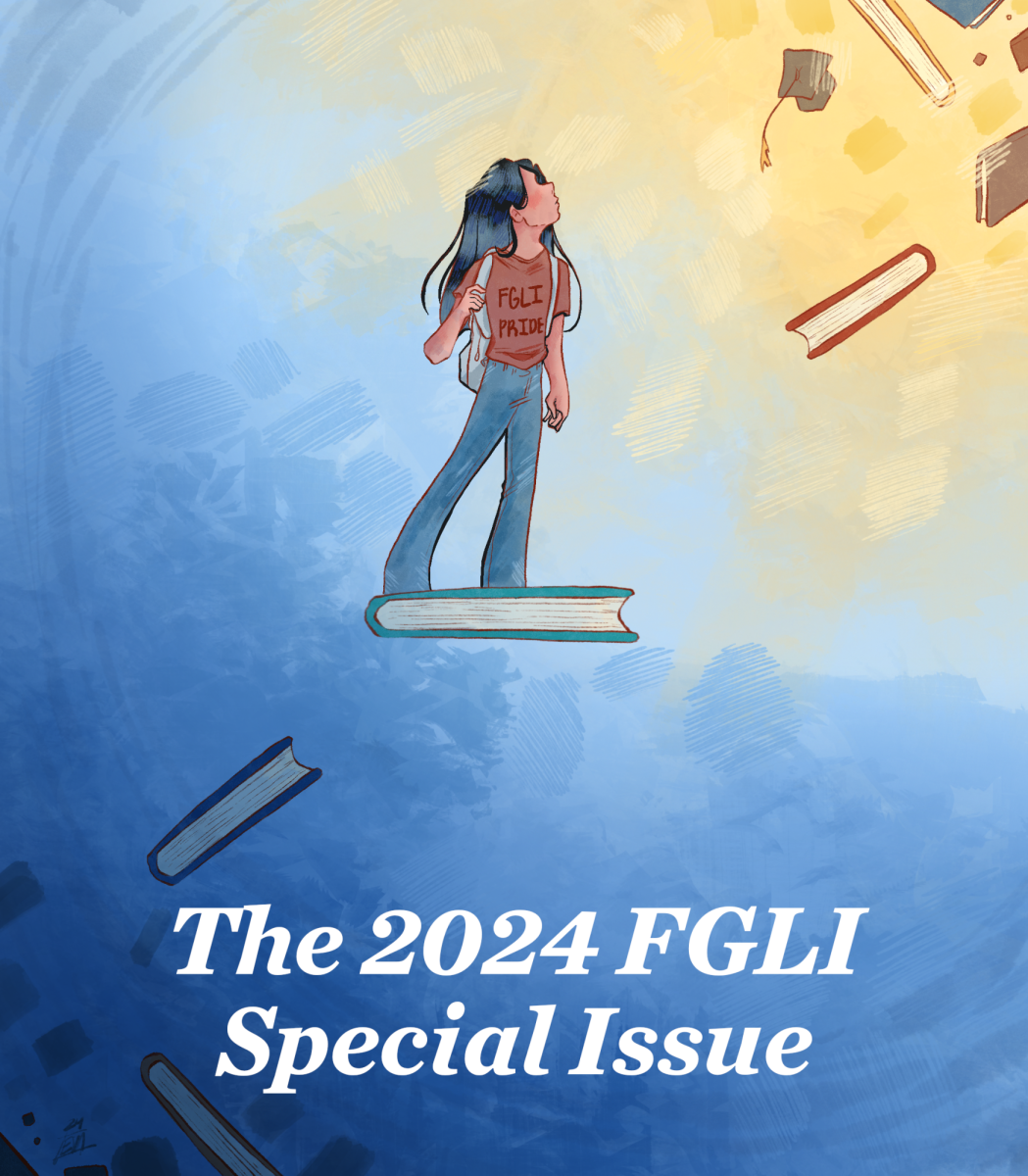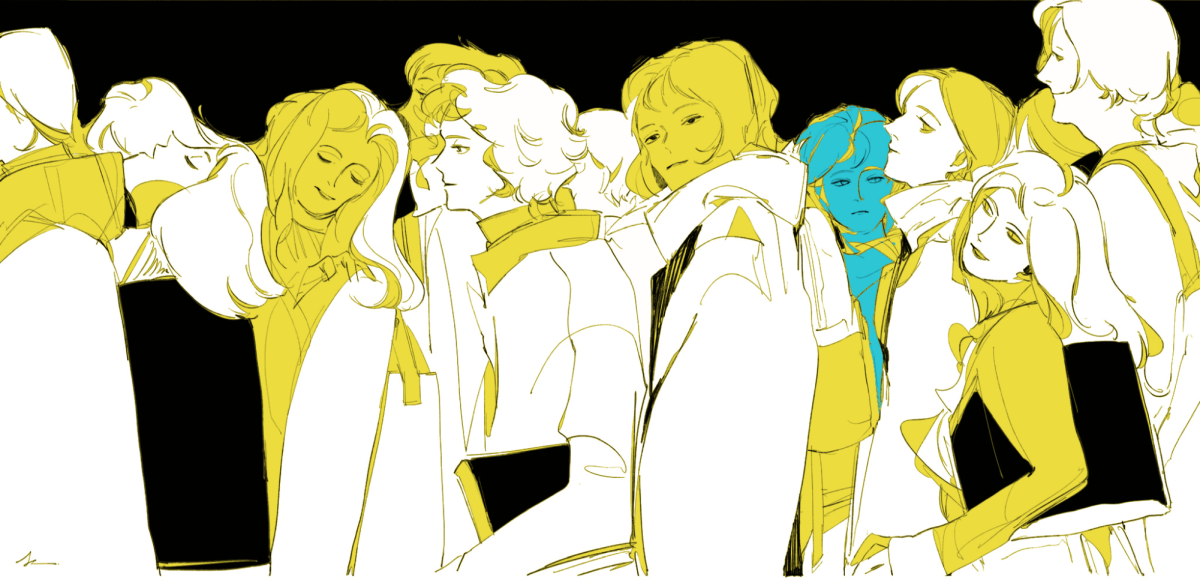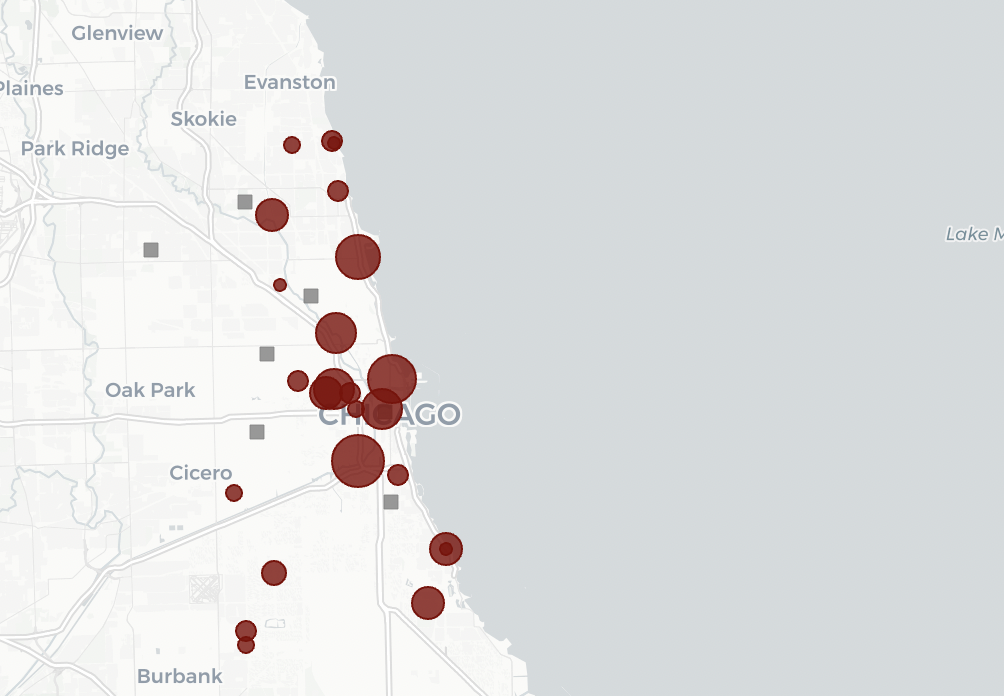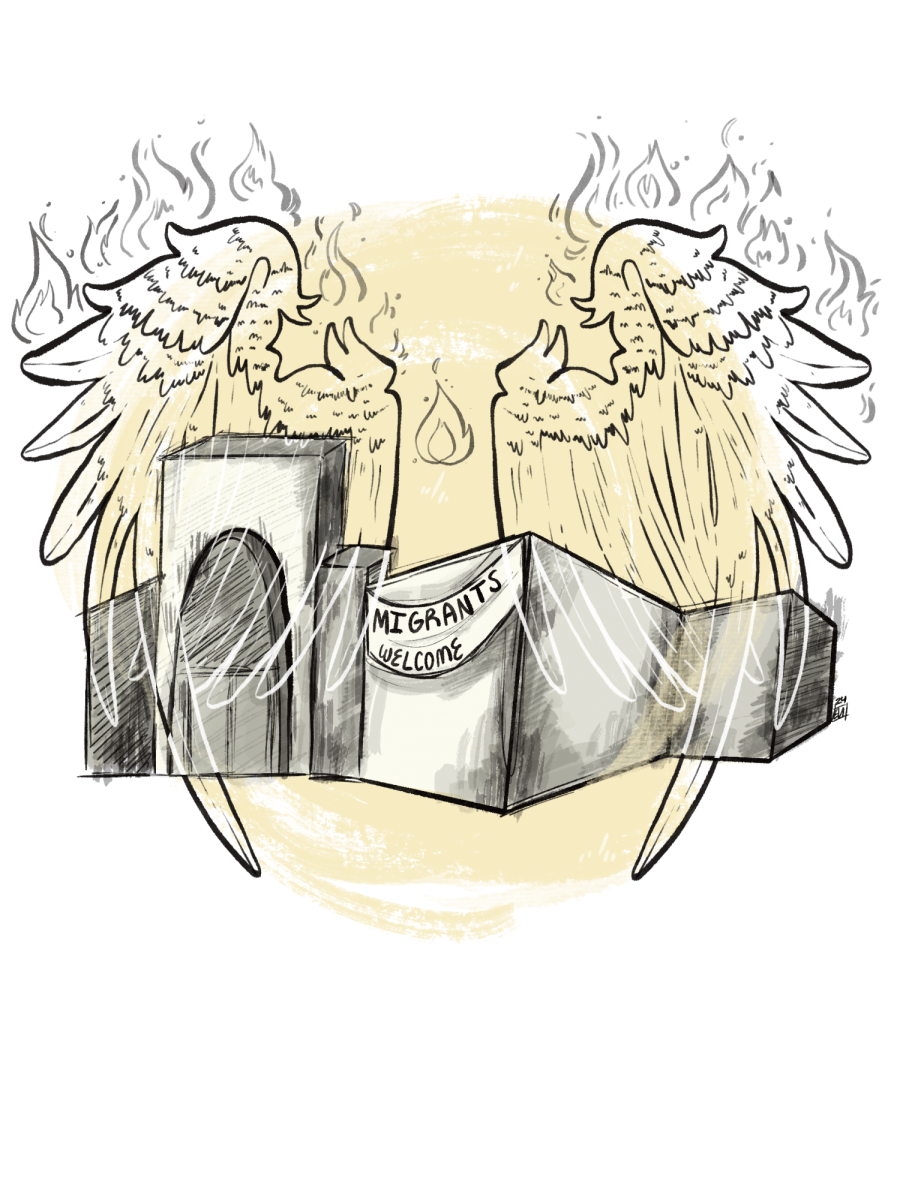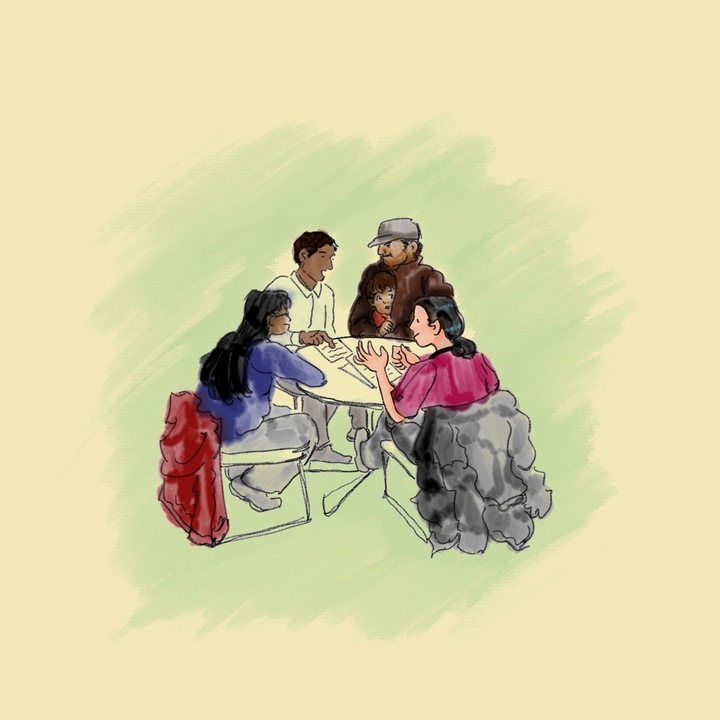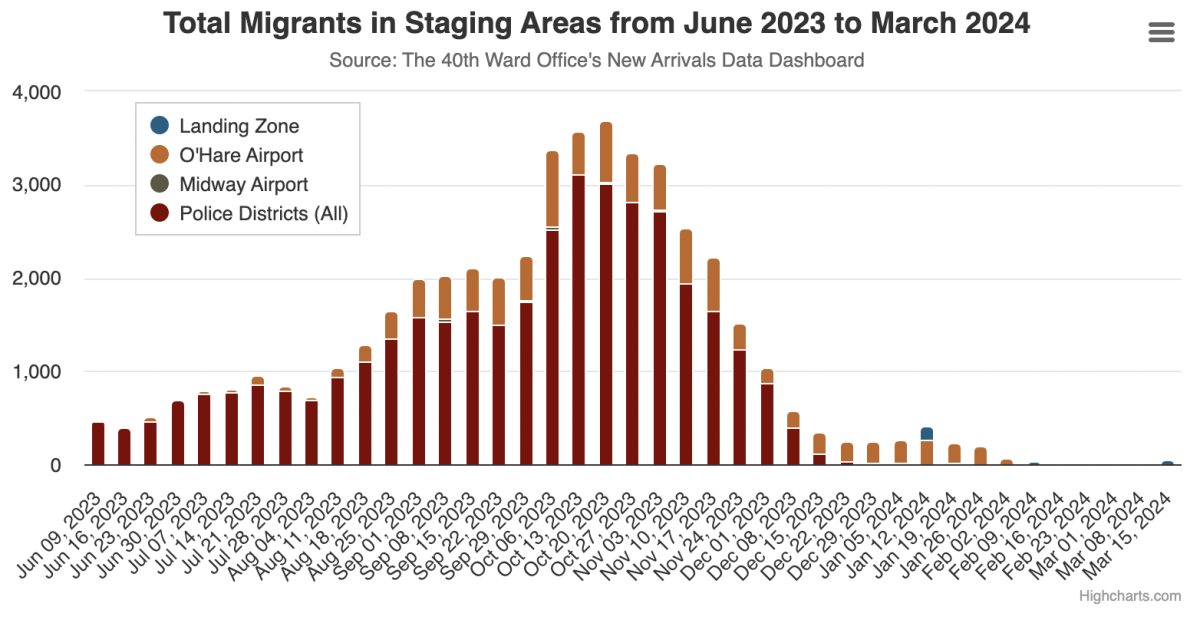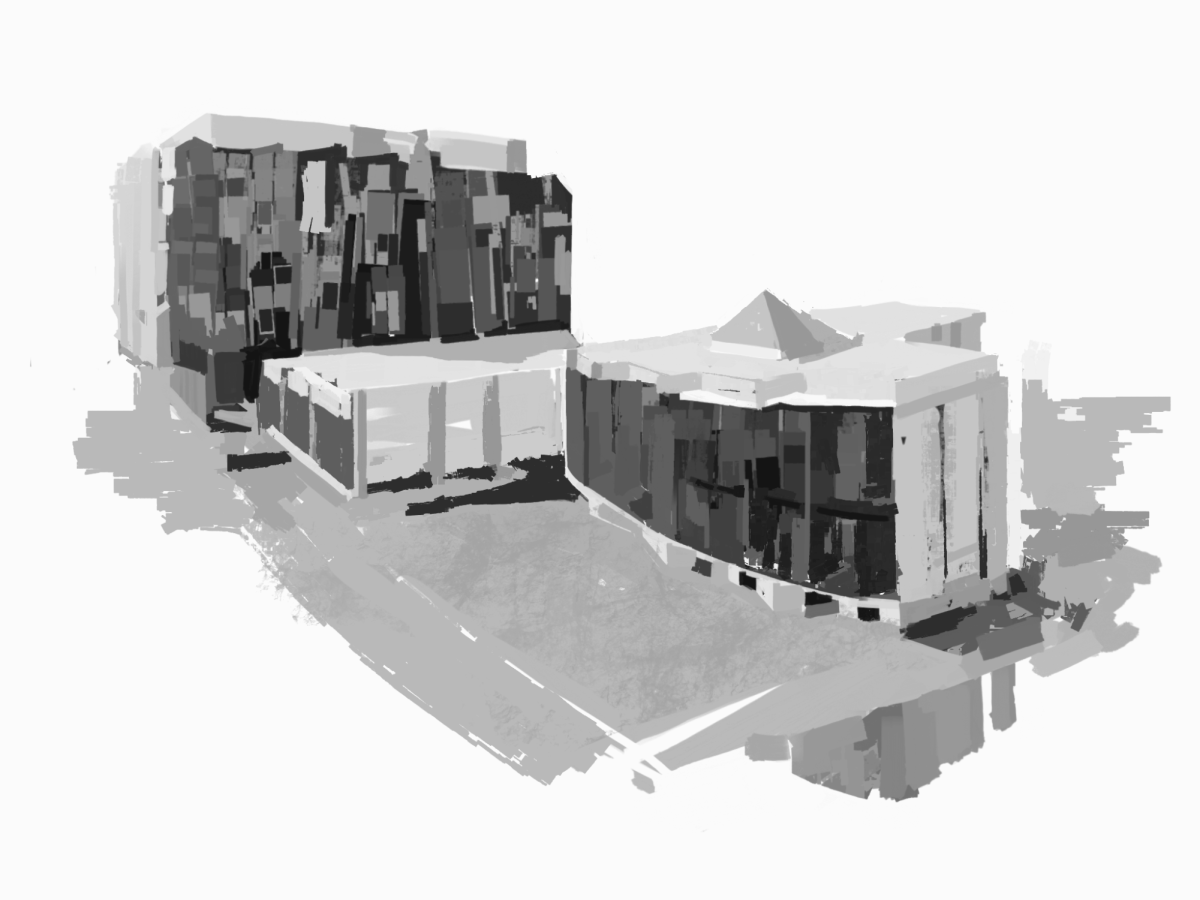You leave home expecting to find your place. Years of growing up, boxed in, waiting for the chance to prove yourself and now, almost suddenly, there’s a chance to follow through on the belief that, if you could just make it out, you’d be boundless. Leaving was never inevitable; it was something that happened against all the odds. So when you show up during COVID-19 in 2020 to a dorm room that will house only you, your Zoom classes, calls home, and maybe one new friend sitting six feet away, you suddenly find yourself inarticulate. Words are what got you into this school. Not the rigor and renown of your high school, not your recommendations and a family name associated with the world’s top companies, not even the accomplishments that now seem so small outside of your hometown context. And yet, conversely, you also know your place here is almost entirely based on chance. You are simply the one girl from upstate South Carolina they were bound to admit. A dot on a map and public school accomplishments.
You enter already carrying uncertainty, but there are still new worries and insecurities that can only emerge in the constant face of wealth. A kind of wealth that moves people through the world in ways you can’t anticipate. People used to constant access to whatever knowledge and material means they desire. The dollars dripping out of them so casually that the tears you’ve shed over those same amounts mean nothing. Once you leave home, you’ll arrive not to settle neatly into college life but to grapple with the nuances of your new life. Your peers carry on, unaware of the grip wealth has on the ways they live life. In that first year, you’ll see them order bottled water to their dorm rooms because the University tap water isn’t good enough. In the second, they’ll take their first post-COVID-19 trips across the globe while you’re just excited to return to the mountains back home. In the third, they’ll tell you they’re moving off campus in an effort to test out adulthood, try responsibility on to see what it’s like, and for the first time temper the habits of a grown-up into their daily routine.
By this point, your ways of relating to people have shifted. The things you can do with them to get closer are limited when every activity entails Ubers and tickets and expensive meals. Automatically replying that that sweater you were complimented on was bought on sale now makes people uncomfortable. Being careful about money is no longer a social fact and neither are the niceties that once built friendships but now maintain divides. This discomfort is only heightened inside the classroom. Feeling incredibly behind when you haven’t already read Rousseau, digested it, and produced an original take ready to be critiqued against decades of analysis you were unaware existed. Getting used to the right words evading you, like you’re not sure if any of what you’re doing is what you set out for now that the standard of success is so upended.
Your spot here depended on an admissions essay that revealed the magnitude of what this opportunity would do for you, but, now that you’re here, those words suddenly wobble in your mouth. They seem less clear and less true. And yet they move your tongue in new ways so that even calls home start to seem less and less recognizable. Now your check-ins with your mom and high school friends reveal the rigidity that’s ebbed its way into your voice. Friends say all you can talk about is school, the life you live in the city. You can hear the resentment creep into their tone. They see you as different now, and yet you don’t even feel sufficiently changed to make a way for yourself in this space. You can return to the community back home, but now you’re “the one who left.” The one who has strengthened new muscles and bent them only to prove you could.
One day, back in that first year, you’ll go to office hours when you’re simply at a loss. You’ll tell a professor that you feel so out of place, so inadequate, and she’ll tell you that you’ve bought into a lie. With your limited means, you have exchanged some of what you have for the false belief that people here are smarter, more interesting, more everything. You are not dumb, she says, not less. You’ll soon realize that their aesthetics are not inherently more dynamic than yours, just dependent on the money there to follow their whims. She knows you found this school not because you were bound for an elite institution from birth but because you were drawn in by the promise that you could fulfill your potential in some way distinct to this place. So now, in this environment in which you feel less than and made to adapt to its ways in order to amount to more, do not, she says, give in so easily.
As you enter your fourth year, you’ll remember these words. As much as you’ve learned the dialect of wealth, you haven’t been swallowed by it. You’ll see tulips like the ones in your front yard and think to call your mom. You’ll pick up your phone and wonder aloud to her if you’re becoming everything you both hoped you could be. There’s so much stretching you’ve done to the fabric of yourself, so many ways you’ve told your limbs and mind to move in unnatural forms in order to conform to the expectations set out for you. Even so, all of this conforming hasn’t dissolved the core that brought you here. Now that your range of motion has expanded, you can form the words to ask questions you could not have known you’d need to ask. What is your place here? You may not have the language to answer, but you can wonder, is it that you’ve distanced yourself from home simply because you sought the unknown, or that you’ve grown into what years of hoping have formed you to be?


